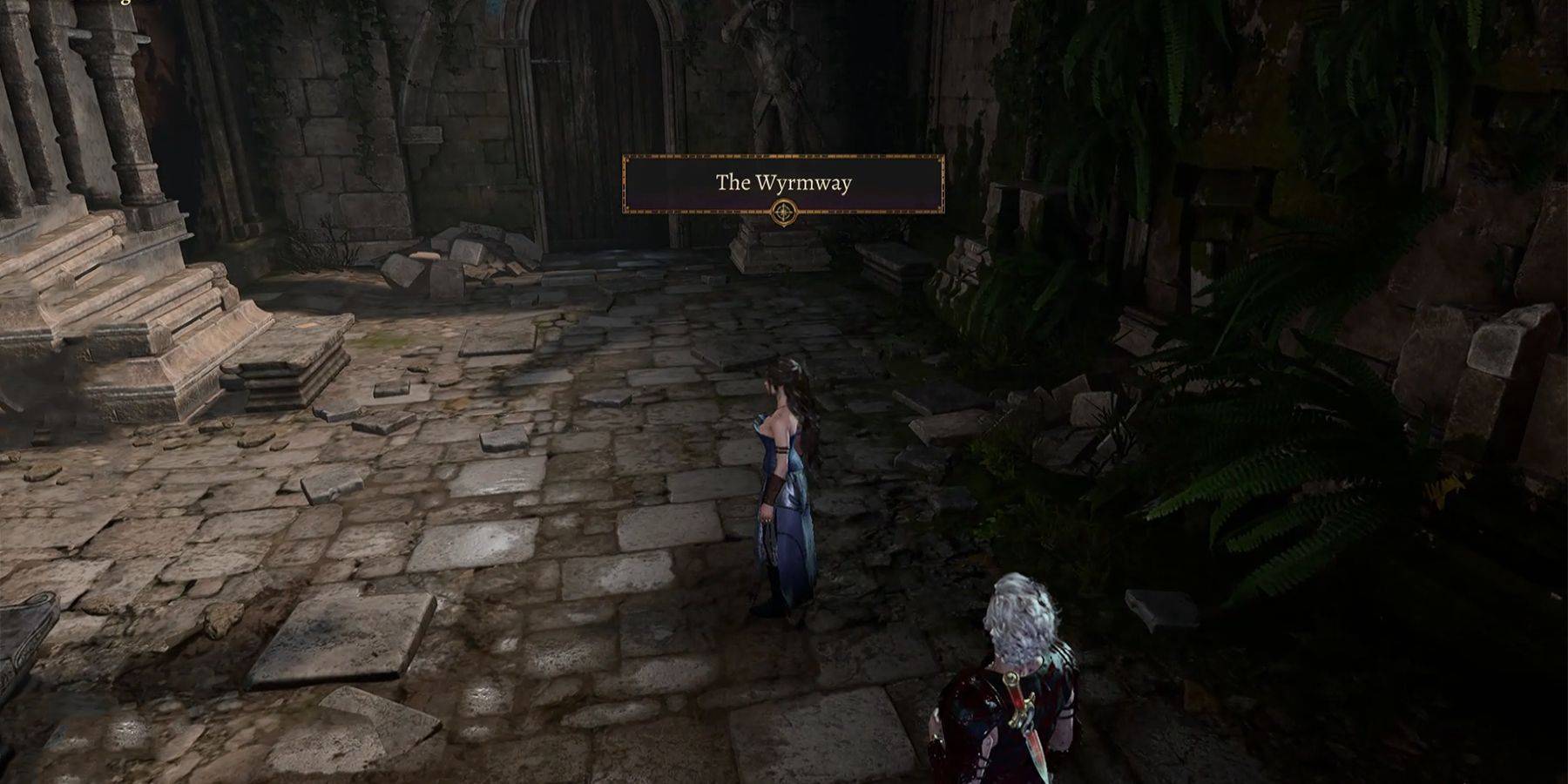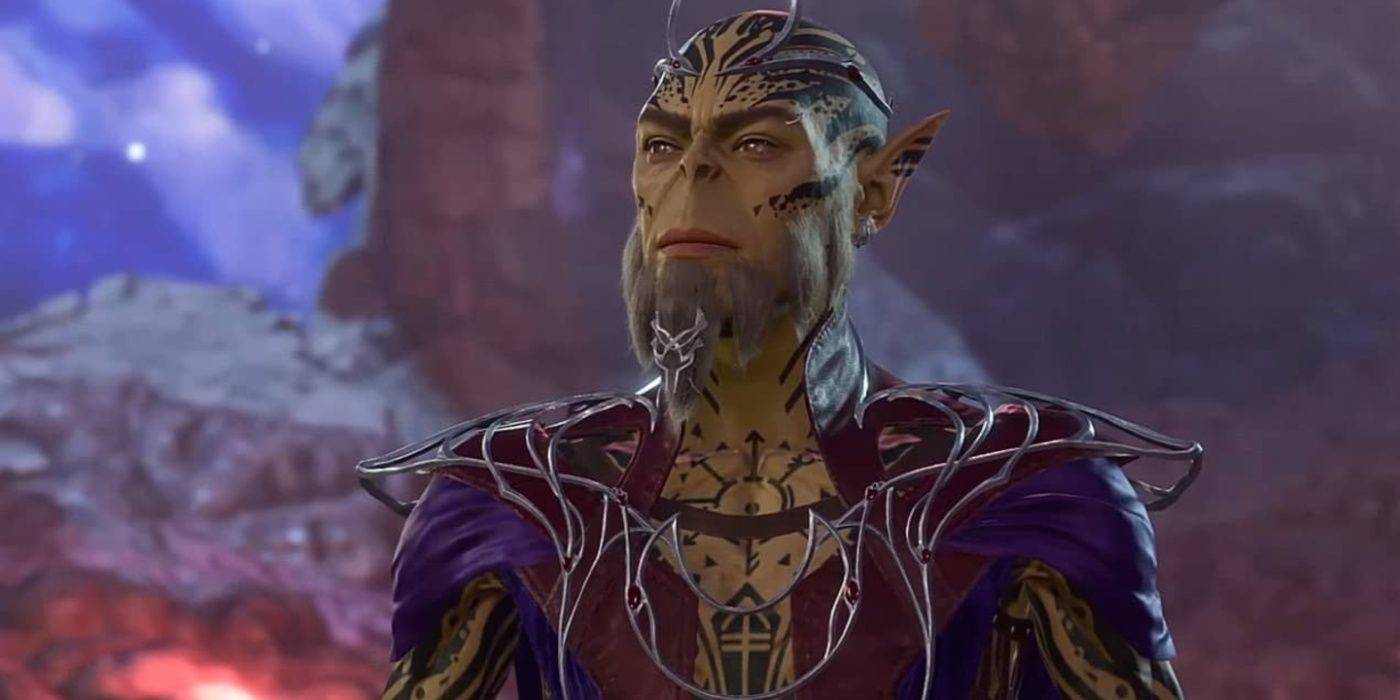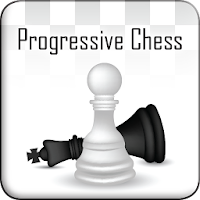Weighing the Consequences: The Dilemma of Liberating Orpheus in Baldur's Gate 3
In Baldur's Gate 3, one of the most crucial decisions awaits players near the game's climax: freeing the imprisoned Githyanki Prince Orpheus or allowing the Emperor to handle the situation. This choice, made after acquiring the Orphic Hammer, significantly impacts the party's fate.

Updated February 29, 2024: Before confronting this choice, players must defeat Ketheric Throm, Lord Enver Gortash, and Orin, exploring Baldur's Gate's upper and lower districts. This decision carries immense weight; companions might sacrifice themselves. High skill checks (potentially a 30 roll) might be needed to maintain companion loyalty throughout this challenging sequence.
Spoiler Warning: The following discusses the game's ending.
Freeing Orpheus or Siding with the Emperor?
This decision hinges on player preference. The Emperor warns that freeing Orpheus risks party members becoming Illithids (Mind Flayers).
After the Netherbrain encounter (which the party might fail), the Emperor presents the choice within the Astral Prism: liberate Orpheus or let the Emperor absorb his power.
Siding with the Emperor: This leads to Orpheus' demise as the Emperor absorbs his knowledge. Lae'zel and Karlach may disapprove, impacting their personal quests. While this grants an advantage against the Netherbrain, it may alienate players attached to these characters.
Freeing Orpheus: This causes the Emperor to ally with the Netherbrain. The risk of party members becoming Mind Flayers remains. However, Orpheus joins the fight against the Netherbrain, alongside the Githyanki. If asked, he might even sacrifice himself to prevent others from becoming Mind Flayers.

In short: Choose the Emperor to avoid becoming a Mind Flayer; choose Orpheus if you're willing to risk it. Siding with the Emperor might alienate Lae'zel and Karlach.
Moral Considerations:
The "moral" choice depends on player values. It boils down to loyalty. Orpheus, as a rightful Githyanki ruler, opposes Vlaakith's tyranny. A Githyanki player might naturally side with him. However, following Voss and Lae'zel's directives could seem overly demanding. The Gith prioritize their own kind, even if their actions affect the wider world.
The Emperor, generally benevolent, aims to stop the Netherbrain and aid the party. He acknowledges necessary sacrifices. Choosing him might lead to a Mind Flayer transformation, but it remains a morally sound choice for some. BG3 offers multiple endings; careful planning can lead to a satisfying outcome for all.
-
1
![Roblox Forsaken Characters Tier List [UPDATED] (2025)](https://imgs.ksjha.com/uploads/18/17380116246797f3e8a8a39.jpg)
Roblox Forsaken Characters Tier List [UPDATED] (2025)
Mar 17,2025
-
2

Roblox UGC Limited Codes Unveiled for January 2025
Jan 06,2025
-
3

Stardew Valley: A Complete Guide To Enchantments & Weapon Forging
Jan 07,2025
-
4

Pokémon TCG Pocket: Troubleshooting Error 102 Resolved
Jan 08,2025
-
5

Free Fire Characters 2025: Ultimate Guide
Feb 20,2025
-
6

Blood Strike - All Working Redeem Codes January 2025
Jan 08,2025
-
7

Blue Archive Unveils Cyber New Year March Event
Dec 19,2024
-
8

Roblox: RIVALS Codes (January 2025)
Jan 07,2025
-
9

Cyber Quest: Engage in Captivating Card Battles on Android
Dec 19,2024
-
10

Delta Force: A Complete Guide to All Campaign Missions
Apr 09,2025
-
Download

A Simple Life with My Unobtrusive Sister
Casual / 392.30M
Update: Mar 27,2025
-
Download

Random fap scene
Casual / 20.10M
Update: Dec 26,2024
-
Download
![Corrupting the Universe [v3.0]](https://imgs.ksjha.com/uploads/66/1719514653667db61d741e9.jpg)
Corrupting the Universe [v3.0]
Casual / 486.00M
Update: Dec 17,2024
-
4
Ben 10 A day with Gwen
-
5
Oniga Town of the Dead
-
6
A Wife And Mother
-
7
Cute Reapers in my Room Android
-
8
Permit Deny
-
9
Utouto Suyasuya
-
10
Roblox














